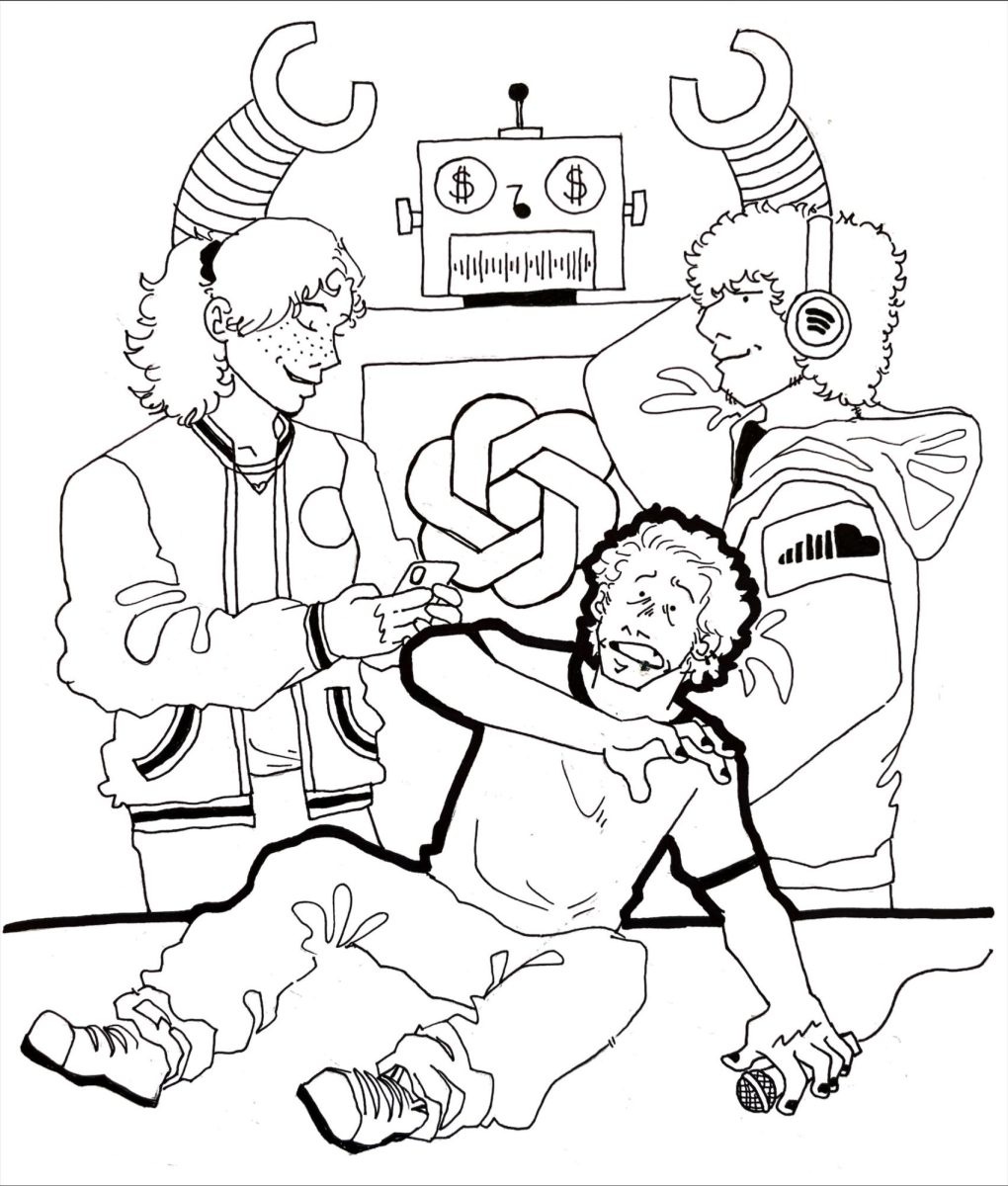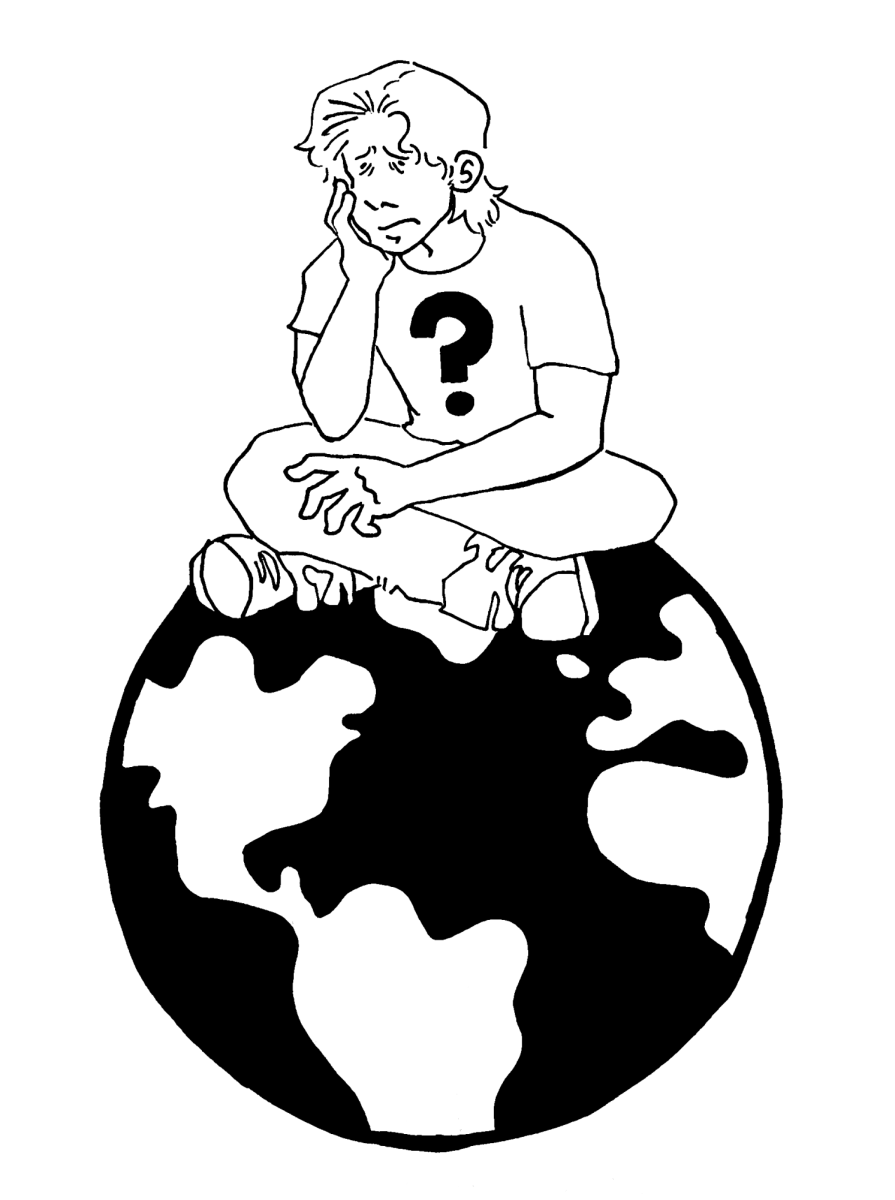The music industry is always evolving. From the invention of the record player to the first streaming service, music listening has been and will continue to be ever-changing. But with anything that develops, there will be people stuck in older times who are desperate to bring back what they think is better.
Although I used to laugh at people with this antiquated ideology, now I understand their resistance to change. Music isn’t getting worse, but the attitude around it is. We are being forced from an album-focused arena into an anti-intellectual, profit-based market that thinks of music as nothing more than noise and entertainment.
In a 2020 survey conducted in the United States, Germany, France and Brazil by streaming service Deezer, 39% of the 8,000 respondents said they preferred listening to playlists, while only 9% preferred albums. Additionally, 54% of respondents said they listen to fewer albums now than they did five to 10 years ago.
Back when cassette mixtapes required the painstaking effort of pausing and rewinding songs, albums were the primary way to listen to the music you wanted on demand. Now that playlists can easily be created by anyone anywhere, albums have been falling out of style.
This is especially problematic for concept albums, such as Pink Floyd’s “The Wall,” which are albums with tracks tied together through a common theme or narrative that hold more meaning together than they do individually. The ability to shuffle albums and cherry-pick songs puts each one in a vacuum, separate from the body of work that it was meant to be part of.
In addition to streaming, the change in album listening has been hastened by quick dopamine fixes on social media such as TikTok and Instagram. Because of how easy it is to quickly consume massive amounts of music in bite-sized chunks, these apps have shifted to classify it as content rather than art. Artists are forced to create as much music as possible, no matter how uncreative, disjointed or sloppy it is.
Because of this, there are rarely full album cycles for new musicians, only a perpetual stream of singles and the occasional EP. Emerging artists don’t have the time to make their audience wait for an album to be released, so they do what they can to get more listeners.
What’s scarier than social media and streaming services is the internet’s obsession with AI, which is also to blame for the decline in longer projects. There are dozens of step-by-step tutorials on YouTube describing how to generate songs and lyrics with next to zero effort.
So why would anyone try to make good music? In a landscape so capricious that it rotates trends by the week, quantity is valued more than quality. Dozens of AI-generated songs can be produced in the time it takes a human artist to make one song. Even if they’re lower quality and less inspired, some listeners don’t care and even more can’t tell the difference.
Both the acceptance of AI-generated music and rejection of albums mark a spiral into anti-intellectualism perpetrated by social media algorithms and overdependence on playlists. All I can hope is that artists push through the obstacles that they face and continue to make longer projects with the same care and creativity that they used to. The future of music depends on it.

























